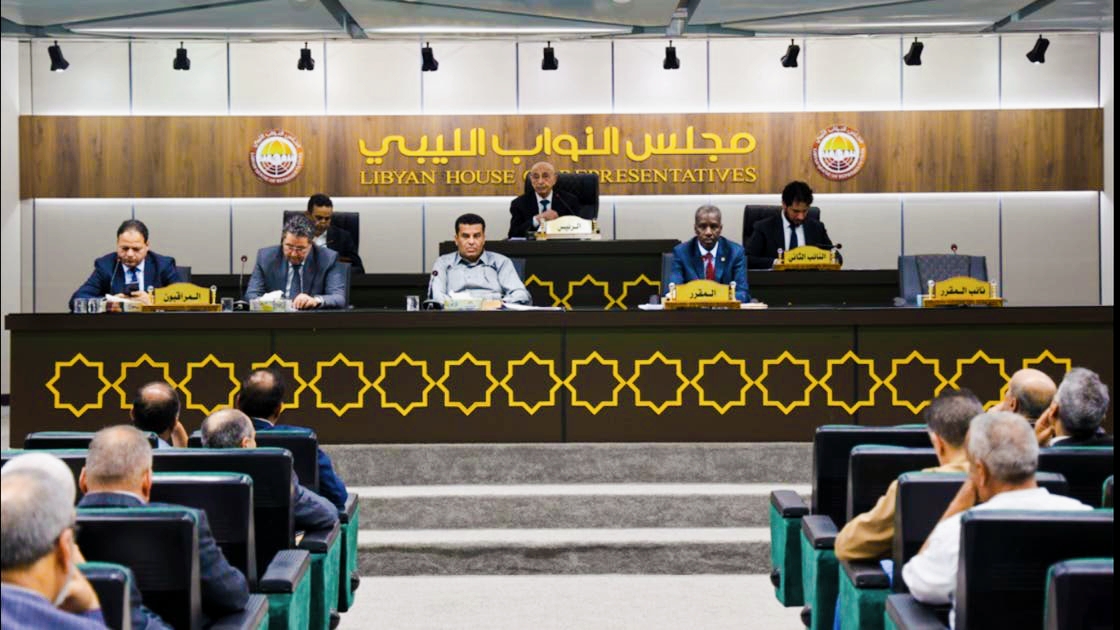Conflict Erupts in Libyan Parliament Over Decision-Making Authority

Conflict has escalated within the Libyan parliament as a rare dispute arises between President Aguila Saleh and his vice presidents, Fawzi Nuwairi and Misbah Duma. The disagreement centers on decision-making authority and the responsibilities within the legislative body, reflecting the deep divisions currently affecting the institution during this critical period in Libya's history.
The conflict began when the two vice presidents sent an official communication to Saleh, urging him not to make unilateral decisions regarding matters within the council's purview. They stressed the importance of adhering to collective mechanisms in managing parliamentary affairs to ensure transparency and respect for the law.
Saleh's response was brief and dismissive; he referred to their communication as "a reservation that is not taken into account," according to an official document he signed and circulated by local media on Tuesday. This response was perceived as a disregard for their requests and opinions.
In retaliation, Nuwairi and Duma issued another communication asserting that Saleh's handling of their request "does not align with institutional work norms nor reflect a commitment to legal provisions or public responsibility."
They further noted that the phrase "a reservation that is not taken into account" is typically used in the context of private asset management, not within state institutions. They argued that Saleh's response undermines parliamentary work and marginalizes their roles, reiterating their opposition to any individual decisions made outside legal frameworks.
The two vice presidents emphasized that "the parliament must operate under a unified legal framework," asserting that Libyan institutions represent all citizens and are not tied to individual trends or entities.
This escalating tension among the three parliamentary leaders has unveiled the depth of the crisis within the legislative body, coinciding with local media reports of parliamentary moves aimed at ousting Saleh from his position, further complicating the political landscape in Libya.
Observers warn that the continuation of this conflict could jeopardize the cohesion and unity of the parliament at a time when UN envoy to Libya, Hanna Titi, emphasizes the legislative body's role in supporting a comprehensive political process that leads to national consensus and paves the way for anticipated elections.
